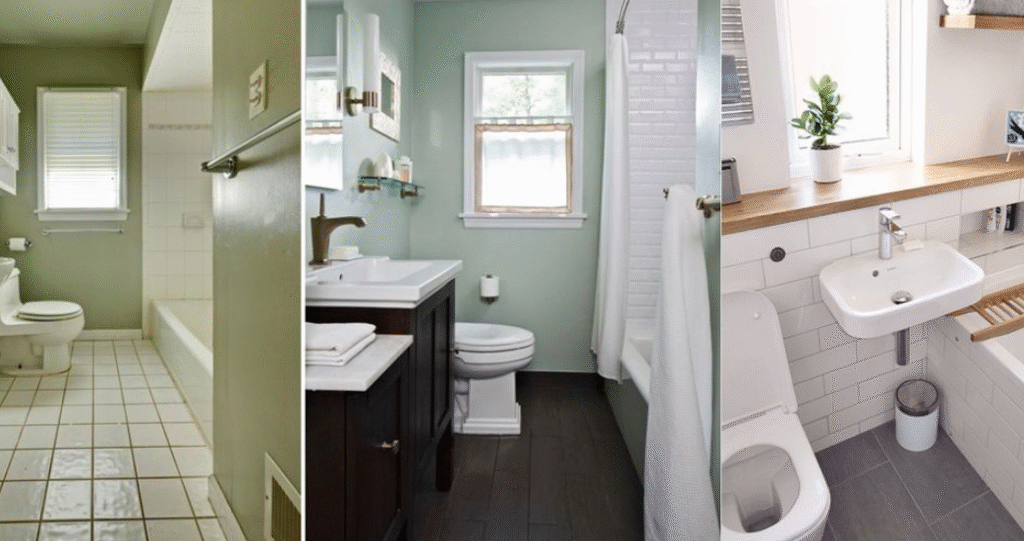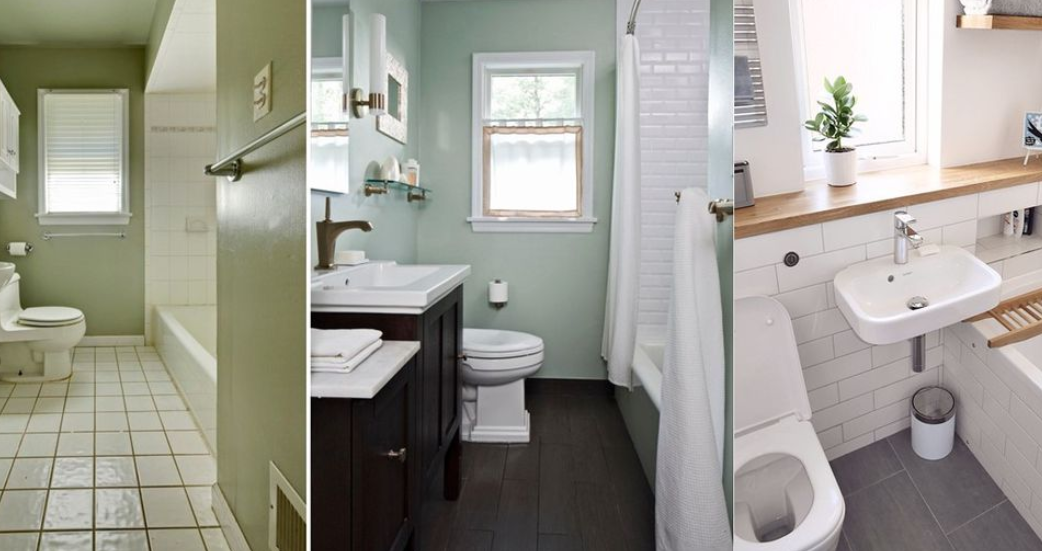
A Nigerian lady recently sparked conversations online after sharing a heartbreaking story of how she spent ₦4 million to renovate a dilapidated property she rented, only to be asked to vacate when her rent expired.
In the viral video, the tenant walked viewers through the extensive renovations she had made: repainting, retiling, fixing the plumbing, rewiring the electrics, and more. According to her, she had sought verbal approval from the caretaker before starting the renovations.
With that assurance, she transformed what was essentially a rundown apartment into a beautiful and livable space. But to her shock and dismay, before her one-year lease expired, the landlord refused to renew it and asked her to move out.
She pleaded with the landlord for some form of compensation, asking for at least a partial refund of the money she had spent on the renovations. He declined. She then asked to be allowed to stay for an additional year to at least enjoy the fruits of her labour. Again, the answer was no.
Months down the line, she uploaded a follow-up video, this time showing her ripping apart the very renovations she had paid for—breaking fittings, removing installations, and scrawling curse words on the walls. The move was her way of ensuring that no one else would enjoy what she had built. As the popular saying goes, “Cunny man die, cunny man bury am.”
Sadly, her story is not unique.
Many Nigerians, especially women, have shared similar experiences of being “duped” or mistreated by landlords after investing heavily in rented properties. These tenants pour their savings into extensive repairs or upgrades, only to receive sudden quit notices and zero compensation.
The emotional toll that follows that experience is heavy. Imagine the stress of house hunting, dealing with shady caretakers, paying high rent prices, and finally getting what feels like a home, only to be kicked out “unjustly”.
Imagine spending your hard-earned money, dealing with the physical stress of renovations, and mentally settling into what you hoped would be a safe space, just to be thrown out. Who wouldn’t cry?) But as painful as these experiences are, tears alone won’t solve the problem. The hard truth is: the law does not adequately protect tenants who spend personal funds renovating rented property without written consent from the landlord.
Verbal agreements with caretakers are not legally binding, and landlords are under no obligation to reimburse tenants or extend leases just because renovations were made. So, what can tenants do to protect themselves? Here are 3 smart steps to avoid falling into this trap:
But as painful as these experiences are, tears alone won’t solve the problem. The hard truth is: the law does not adequately protect tenants who spend personal funds renovating rented property without written consent from the landlord.
Verbal agreements with caretakers are not legally binding, and landlords are under no obligation to reimburse tenants or extend leases just because renovations were made. So, what can tenants do to protect themselves? Here are 3 smart steps to avoid falling into this trap:
1. Get Written Consent from the Landlord
Never rely on a caretaker’s verbal promise. If you intend to do any form of renovation, especially major ones, get a written and signed agreement from the landlord detailing what you’re allowed to do and whether there will be compensation when you move out or a lease extension.
2. Request a Longer Lease
Instead of the typical 1-year or 2-year lease, negotiate for a longer-term lease (3 to 5 years) if you plan to renovate. This ensures that you’ll at least enjoy the upgrades you paid for, and it gives you security of tenure.)
3. Sign a Solid Tenancy or Lease Agreement
Work with a lawyer to draft or review your lease agreement. Make sure the terms are clear, fair, and protect your investments. If renovations are discussed, ensure they’re covered in the document.
In a housing market as tough and unpredictable as Nigeria’s, tenants need to be strategic, not emotional. Learn from others’ experiences and protect yourself before renovating that rented apartment.






